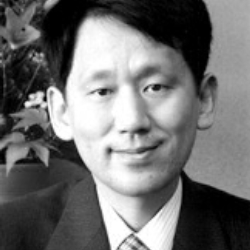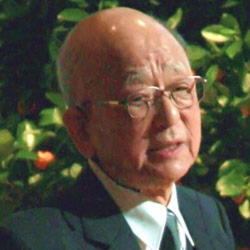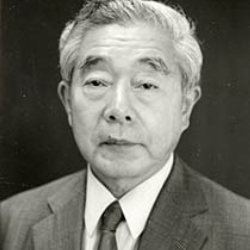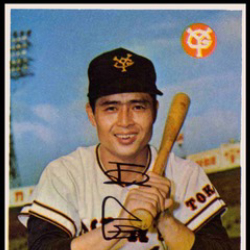Ryoji Noyori Quotations
-
-
-
Appointed Quotes
I was a mere 29-year-old instructor at Kyoto, enjoying daily research work with some young students. Nothing had prepared me to be a professor at a major national university. Being too young and inexperienced to be a Full Professor, I was first appointed Associate Professor of Chemistry.
-
-
-
-
-





























